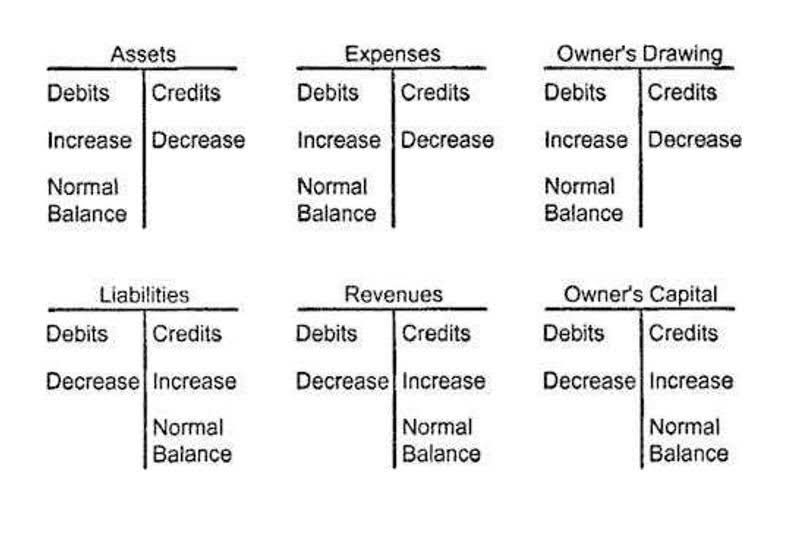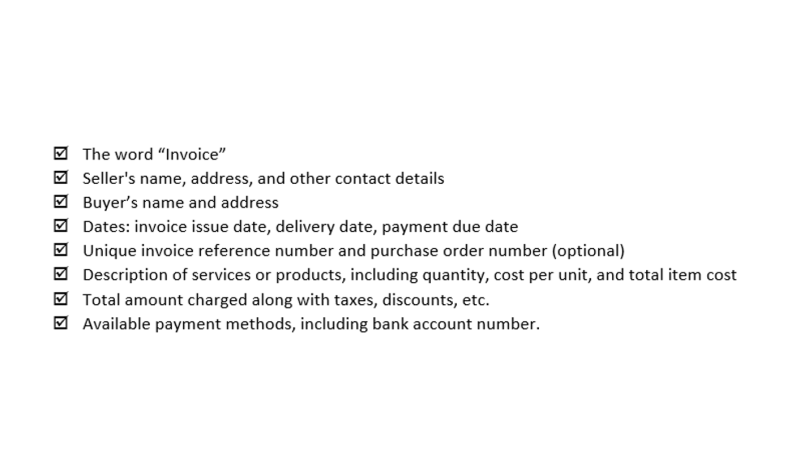
Proper financial management protects the church’s reputation and standing in the law. It guarantees adherence to reporting income summary and tax laws, averting specific legal problems jeopardizing the church’s mission. Churches can make money through endowment funds, grants, fundraising activities, building rents, and member contributions. Churches sustain their ministry, keep their finances stable, and provide excellent services to their members and the community by diversifying their sources of income. The main source of revenue is member contributions, which include tithes, offerings, and recurring gifts. Members voluntarily provide these gifts to support the church’s mission and programs.

FAQs About Church Budget
Stay current with software updates to ensure you have the latest security features and functionality improvements. While the laws regarding religious organizations do not specify an exact duration, there are best practices and recommendations that can help guide churches in maintaining their records effectively. The most effective church giving software tools make record maintenance much simpler (and less dusty), as well. Usually about the only time records management is discussed in a church staff meeting is when some crisis has occurred. Either files cannot be found, records are lost or have been destroyed, or all of the filing cabinets are full and no more storage space is available.

What is the refund policy?
- Operational strength and caring leadership are essential to ministry success.
- Whatever you decide, make sure your policy is documented properly in writing.
- Provides a comprehensive view of the church’s financial plan for the entire year.
- For information about the use and retention of records and reports, clerks should refer to instructions from Church headquarters or the assigned administrative office.
- Churches can encourage digital giving by leveraging social media platforms.
- This week, you will receive a high-level overview of church financial leadership that prioritizes strategic, long-term financial planning and transparent reporting to stakeholders.
Church financial management helps the church to successfully carry out its purpose, which is spiritual and community-focused. The church carries out its community service projects and religious teachings by ensuring funds are distributed to various ministries and outreach efforts. Like any organization, churches must manage important administrative and record keeping processes, including how to keep church financial records and how long to keep church financial records. If you run a church, this is an important part of ensuring the church meets state and federal legal requirements. You will hear an analysis of how scripture encourages a stewardship approach to church financial management. Instead of shying away from engaging with the worldly sphere of money, this lesson will present scriptural references to the importance of church financial administration and financial stewardship.
- The responsibilities and pay of clergy members are governed by the policies and practices of each denomination, and these differ significantly from one another.
- This system should include procedures for processing payments, managing accounts receivable and payable, and recording transactions.
- See how you can join tens of thousands of churches in growing donations by an average of 26%.
- Whether you’re new to bookkeeping or want to upgrade your church’s financial management approach, we’ll equip you with the knowledge you need to be successful.
- You will hear an analysis of how scripture encourages a stewardship approach to church financial management.
- Financial committees oversee finances by monitoring the church’s financial situation.
Easy-to-use Church Management Software
If your staff tends to rely more on technology, and you would rather keep things digital, you may choose to routinely save an electronic backup of each of the above documents in PDF format. Churches can bookkeeping and payroll services plan for long-term financial stability through prudent financial practices and strategic foresight. Churches need to create and uphold a carefully planned budget that complements the goals and priorities of the church.


For example, your church may use a $100 tithe to contribute to your operational costs or a specific program, like your children’s ministry. This method helps to ensure that you use resources wisely and productively across the organization’s operations. You should also have record meetings to discuss the church’s financial records. This is not just about the church finances, but about all required church accounting legal documentation. Now that you know how to keep church financial records, how do you make this easier?

